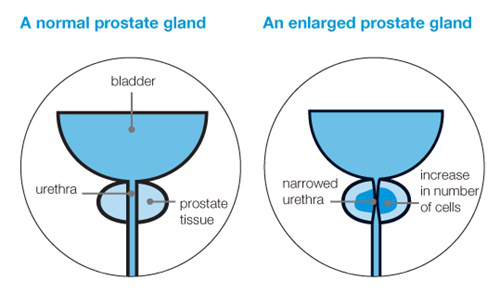Who is Urologist?
A Urologist is a medical professional/doctor who specializes in treating urinary tract disorders in men, women as well as children.
When should I see a Urologist?
One should consult a urologist when he or she has a medical condition affecting his or her urinary system. A man or woman should visit a urologist if he or she experiences blood in urine, recurrent urinary tract infections, poor bladder control or if there is suspicion of kidney stones. A man should see a urologist for an annual prostate health checkup or if he is suffering from erectile dysfunction.
What are the causes for frequent urination at night?
Frequent urination at night may be because of several reasons including inability to store urine in the bladder, the inability to empty the bladder completely, the use of certain medications or urinary infection etc.
What are the symptoms of the presence of kidney stones?
Some kidney stones may not produce symptoms (known as “silent” stones), keep in mind, people having kidney stones may experience one or more of the following symptoms listed below:
What should I do if I have passed a stone in urine?
If you find a stone, visit your urologist immediately for analysis. The type of stone you have, will determine the diet and prevention program. You may go for further medical tests and X-ray in future to ensure that new stones do not form in the kidney.
Does water help in flushing out the stones?
- Radiating back pain (sometimes aggravated during sneezing)
- Frequent urge to urinate
- Burning sensation when urinating
- Uncommon urine odor due to infection
- Back muscle tension (typically running vertically)
- Lower back pain while the stone(s) is moving in the ureter (tube between kidneys and bladder)
- Nausea, vomiting, chills and fever
- Pyuria-pus and/or blood in the urine
YES, definitely water helps in the flushing out the stones. But not all stones of 3-6 mm size can be passed out with the increased intake of water.
My stone has not passed do I need surgery?
It will be decided by the urologist. In general, you require surgical intervention if your stones are large enough to obstruct urine flow, if they are potentially harmful to your kidneys or if they are causing symptoms for which medication does not help.
What does ‘benign enlargement of the prostate’ mean?
Benign prostatic enlargement (BPE) is the medical term used to describe an enlarged prostate. You might also hear it called benign prostatic hyperplasia (BPH).
An enlarged prostate is common for men after the age of about 50. About 4 out of every 10 men over the age of 50 and 3 out of 4 men in their 70s have urinary symptoms that are caused by an enlarged prostate.

Having an enlarged prostate is not the same as having cancer.
Does drinking alcohol increase my risk of getting prostate cancer?
We don’t know if alcohol has any specific effects on men with prostate cancer. But we do know that drinking too much alcohol can make you put on weight and causes health problems such as heart disease and some other cancers.
